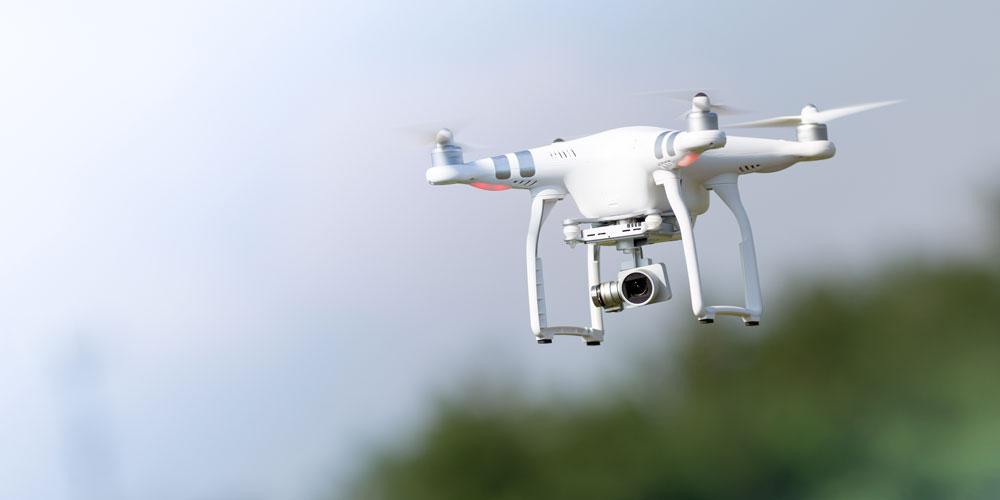Over £20 million funding has been announced for new flight technologies, such as drone services at a commercial scale and flying taxis.
The funding will be divided between the CAA, receiving £16.5 million in 2025 to 2026, to deliver a regulatory programme to enable drones to fly beyond visual line of sight (BVLOS) and progress toward routine use of air taxis (eVTOLs) in UK skies.
This includes publishing a piloted eVTOL ‘roadmap’, development of ‘drone pathways’ for industry to follow and consulting on concept of operations for uncrewed traffic management (UTM) and Detect and Avoid (DAA) technology. This will make it quicker and easier for industry to prove the safety of these new technologies, deliver the necessary digital infrastructure and make sure that people, property and other aviation remain safe and secure when these new technologies fly in our skies.
In addition, the Future Flight Challenge will receive up to £5 million from DfT and Innovate UK, to support industry to turn these new technologies into profitable business that benefits communities and support growth. This will include regional demonstrations and supporting development of commercial drone and air taxi solutions.
The new funding will unlock barriers to growth and maximise opportunities for better and cheaper public services while cutting carbon emissions. It is designed to advance aviation tech to support healthcare for the NHS, assist police forces in combatting crime, help inspect and survey critical infrastructure and unlock delivery services for businesses and communities across the country.
As part of this, both the Aviation Minister and Science Minister have also set out how the Department for Transport (DfT), Civil Aviation Authority (CAA) and the new Regulatory Innovation Office (RIO) in the Department for Science, Innovation and Technology (DSIT) will streamline regulatory processes to support the commercialisation of the industry.
Aviation Minister, Mike Kane, said: "Our investment alongside the new Future of Flight industry group will bring together tech experts, drone operators, flying vehicle manufacturers and local communities to identify where change needs to happen."
With safety at the heart of these advancements, the RIO is aiming to cut red tape while ensuring high safety standards. It will support DfT and CAA in enabling faster, integration of drones and flying taxi industries, helping businesses grow and innovate.
This includes consulting on the mandatory use of new electronic conspicuity standards and technologies, which allow aircraft to share their location electronically, helping drones and crewed aircraft fly safely alongside each other. By making approvals quicker and operations more efficient, this will open new opportunities for the industry while maintaining the highest safety standards.
Science Minister, Lord Vallance, said: "These regulatory reforms for drones – requiring all aircraft to share their location – will make drone operations safer and therefore speed up approvals, allowing them to operate near airports and simplifying their use for delivering medical supplies – while unlocking further commercial opportunities.
"This is a practical step to cut red tape and a great piece of progress for the Regulatory Innovation Office, growing the UK’s position as a world leader in emerging technologies and helping drive the growth that will deliver our Plan for Change."
In addition, as previously confirmed by the Chancellor, plans are now underway to simplify regulations to enable 2-year airspace change for drone operations. This will enable operators to fly safely for longer and gather data to inform future services.
Other changes will simplify regulations to enable emergency services including firefighters and paramedics to use drone services, as well as noise exemptions for drone trials within the Airspace Change Process, and simplifying the drone operational application process to enable them to get flying faster and easier.
Furthermore, the regulator, drone operators, flying vehicle innovators and local authorities will come together with government at the Future of Flight industry group to help guide the government on its mission to transform technology in aviation.


